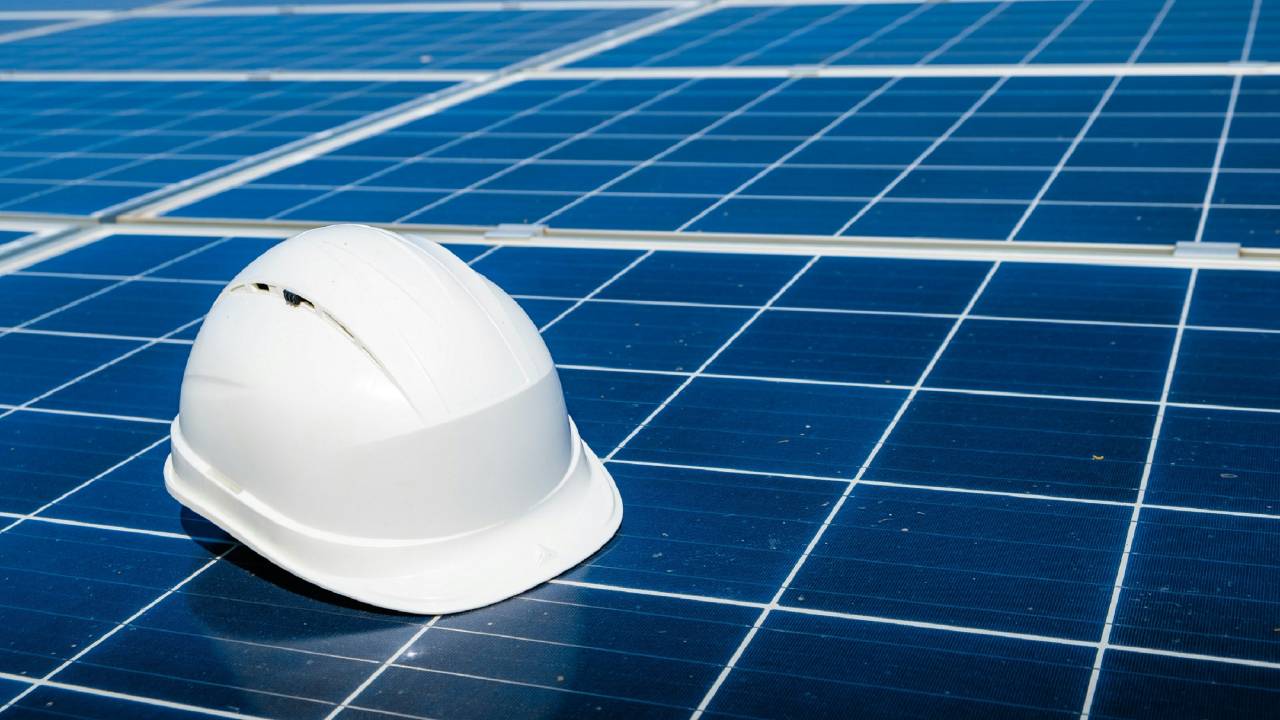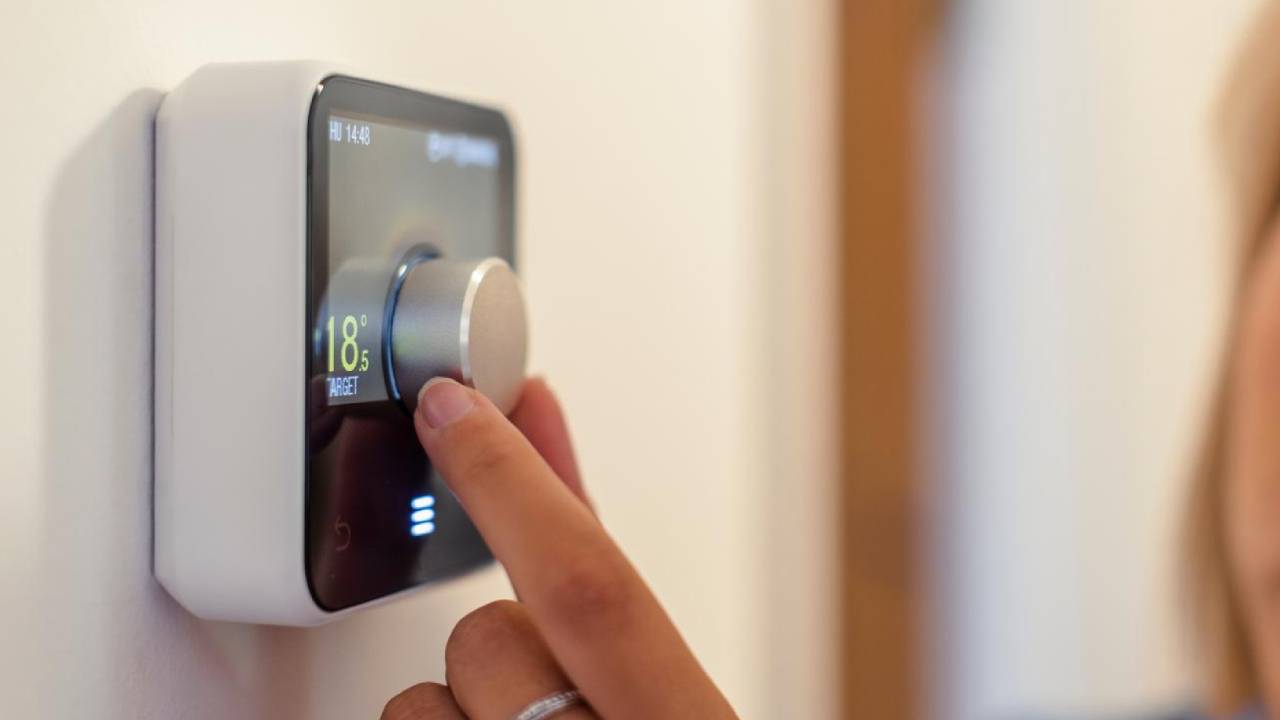
While solar energy has become popular over the years, due to its costs and practicality, many people are still hesitant to make the switch. But as the new Labour government has unveiled plans to fit millions of UK homes with solar panels to bring down energy bills and tackle the climate crisis, it’s time for homeowners to look into the benefits of solar power.
Solar-powered home technology definitely isn’t new, as many roofs already have solar panels fitted. Some smart home devices also use solar power, including the best security cameras that come with solar paneling accessories for more energy efficient charging, and the best smart lights for more eco-friendly use outside.
But despite solar power continuing to gain popularity, homeowners still have questions about how it works, how much it costs and what it’ll do to the value of their homes. So, to find out more, I spoke to Susan Wells, Low Carbon Director at smart home provider, Hive who answered the UK’s most Googled solar power questions to help those who are considering making the switch.
How many solar panels do I need to run my house?
One of the main concerns homeowners have is the amount of solar panels needed to turn their house. As Wells explains, the number of solar panels will depend on several factors, like the size of your roof, your home’s energy consumption and the efficiency of the panels. But she says that “on average, a typical UK household with three bedrooms will need 10 panels to cover all their energy needs, while a five-bedroom house will need 14.”
How much do solar panels cost and do I need permission?
Onto the next common concern about solar panels: how much do they actually cost? Taking a 5kW solar panel system as an example – as it’s the most popular choice for homeowners as it provides a substantial amount of energy – Wells explains that the cost “typically ranges from £6,000 to £8,000, including installation, and the investment can significantly reduce your electricity bills and carbon footprint over time.”
With cost out of the way, many homeowners also question whether they need planning permission to install solar panels, and in most cases, the answer is no – provided they meet certain criteria. With Hive, customers can buy solar panels and a battery before the end of September and save up to £755 in their first year with Hive’s ‘Solar Saver’ energy offer.

Do solar panels work in the winter?
The UK is notoriously grey and cloudy throughout the year, but the winter months are the worst, with shorter days and a lower sun intensity. This leads many people to worry that solar panels will produce less energy but Wells explains that “the amount of sunlight in most regions is still more than enough to make them worthwhile. Solar panels can still generate electricity on cloudy days and actually perform better in colder weather, as most are now designed to be efficient year-round, ensuring you get the most out of your investment regardless of the season.”
Do I need a battery for my solar panels?
Once solar panels are installed on your roof, you might be wondering if you need any additional accessories to keep them in top condition, like a battery. While they’re not always necessary, Wells states that adding a battery to your solar panel system can be beneficial as it allows you to store excess energy generated during the day for use during the night or on cloudy days, maximising your self-consumption and reducing reliance on the grid.”
How long do solar panels last?
After going through the installation process of your solar panels, the last thing you want is for them to stop working or not be as efficient overtime. But Wells explains that solar panels have a typical lifespan of 25 - 30 years, and they can actually increase your home’s value. She states that while “over time, their efficiency may decrease slightly, most panels are built to last, ensuring reliable energy production and peace of mind for decades.”






